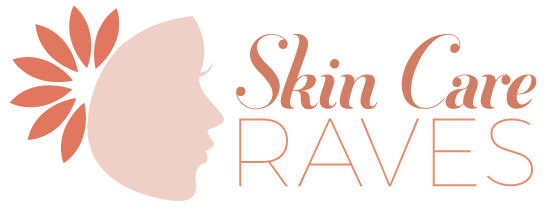
Do you see those blackheads and zits on your face? They are not only a sight for sore eyes, but they can also be one colossal self-confidence killer. A 2018 study in the International Journal of Women’s Dermatology showed that it could hurt esteem regardless of the person’s age.
Irish
research, meanwhile, said that it could lower a person’s quality of
life due to social perception about the skin condition. It can even
increase the risk of depression, according to another study in the
British Journal of Dermatology. Worse, the feelings of self-inadequacy
can remain long after the lesions are gone.
So far, science
hasn’t come up with a cure, although some are already working on a
vaccine. What you can do is to lower the likelihood of developing acne.
1. Use Hyaluronic Acid
Hyaluronic acid is a common primary ingredient in many skin products, such as those of Kedma Cosmetics in the Philippines. It is one of the chief components of connective tissues in the body.
As
a skin care ingredient, it is a humectant. It can both increase and
lock in the moisture of the skin, which benefits people with skin prone
to acne. It is also non-comedogenic, which means that it doesn’t clog
the pores. Hyaluronic acid can also reduce the appearance of certain
acne scars by making them appear plumper or even with the rest of the
skin.
2. Consider a Hormone Work-up
The best way to manage a condition is to deal with the root cause. One of the possible causes of acne is hormonal imbalance.
When
the body doesn’t produce the ideal levels of hormones, the receptors of
the adrenal glands trigger the overproduction of sebum (body oil). It
can also change the way the cells around the skin’s hair follicles
develop.
To determine if the hormones are the culprit, you
need to undergo some tests depending on the other symptoms present. For
example, if you have acne, weight gain, and slow metabolism, you can
take a thyroid blood test. If acne occurs with inconsistent menstrual
periods, excessive hair growth, and mood swings, the gynecologist may
suggest a transvaginal ultrasound to determine if you have polycystic
ovarian syndrome (PCOS).
3. Get Enough Quality Sleep

The Philippines is one of the sleep-deprived countries in Asia.
The Healthy Living Index 2016 survey revealed that most sleep for less
than seven hours a day, which means a deficit of almost two hours
compared to other countries.
Sleep deprivation can disrupt
the way the body works, including the production and release of
hormones. For example, the pituitary, which is the master gland of
hormones, is highly responsive to sleep.
Snoozing can also
decrease the flight-or-fight response of the body, which can minimize
stress. High levels of stress can result in the overproduction of
cortisol and increased glucose. The latter can increase the risk of
insulin resistance, which is one of the hallmarks of hormone imbalance.
There
might not be a cure for acne, but it doesn’t mean that you cannot do
anything about it. You can take little steps toward the right direction
with lifestyle changes and better skin care. Don’t forget that you can
always count on your dermatologist to help you deal with it.



